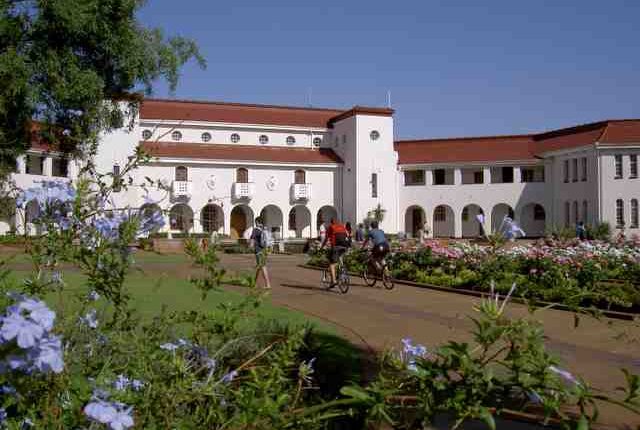North-West University: Borrowing costs will likely continue to rise
It was unavoidable that a further increase in borrowing costs for business and consumers had to be implemented.
Prof Raymond Parsons, economist from the Business School of the North-West University (NWU), points out that the Monetary Policy Committee (MPC) decided with a divided vote to raise interest rates by another 75 basis points on 21 July.
“It is against a background of yet higher inflation and widening inflationary expectations in South Africa. With the MPC’s growing concern about the emergence of second-round effects of inflation it was unavoidable that a further increase in borrowing costs for business and consumers would now have to be implemented.”
He says it nonetheless comes at a time when business and consumer confidence levels are already low.
“Whether as much as a 75 basis points rise in borrowing costs was necessary now is open to debate. This is the fifth increase since the South African Reserve Bank (SARB) began its interest-rate raising cycle in November 2021 and it is likely that borrowing costs will continue to rise over the next few months.”
He says that at the same time, given present global and domestic economic cross-currents, a more aggressive monetary policy raises the risk that it may well now come at a cost to growth and employment.
“The MPC must indeed therefore remain data-driven and nimble in highly uncertain economic circumstances.”
According to Prof Parsons, looking ahead, there are also external and internal reasons to expect that the rate of inflation is likely to peak soon and then decline towards the end of 2022.
“Furthermore, as monetary policy has a roughly twelve months’ time lag, the cumulative impact of current interest rate rises will coincide with the SARB’s current lower growth forecast of only 1,3% for the gross domestic product (GDP) for 2023.”
He explains that there are therefore whirlpools on both sides, not on one only, as the MPC navigates monetary policy in the period ahead.

